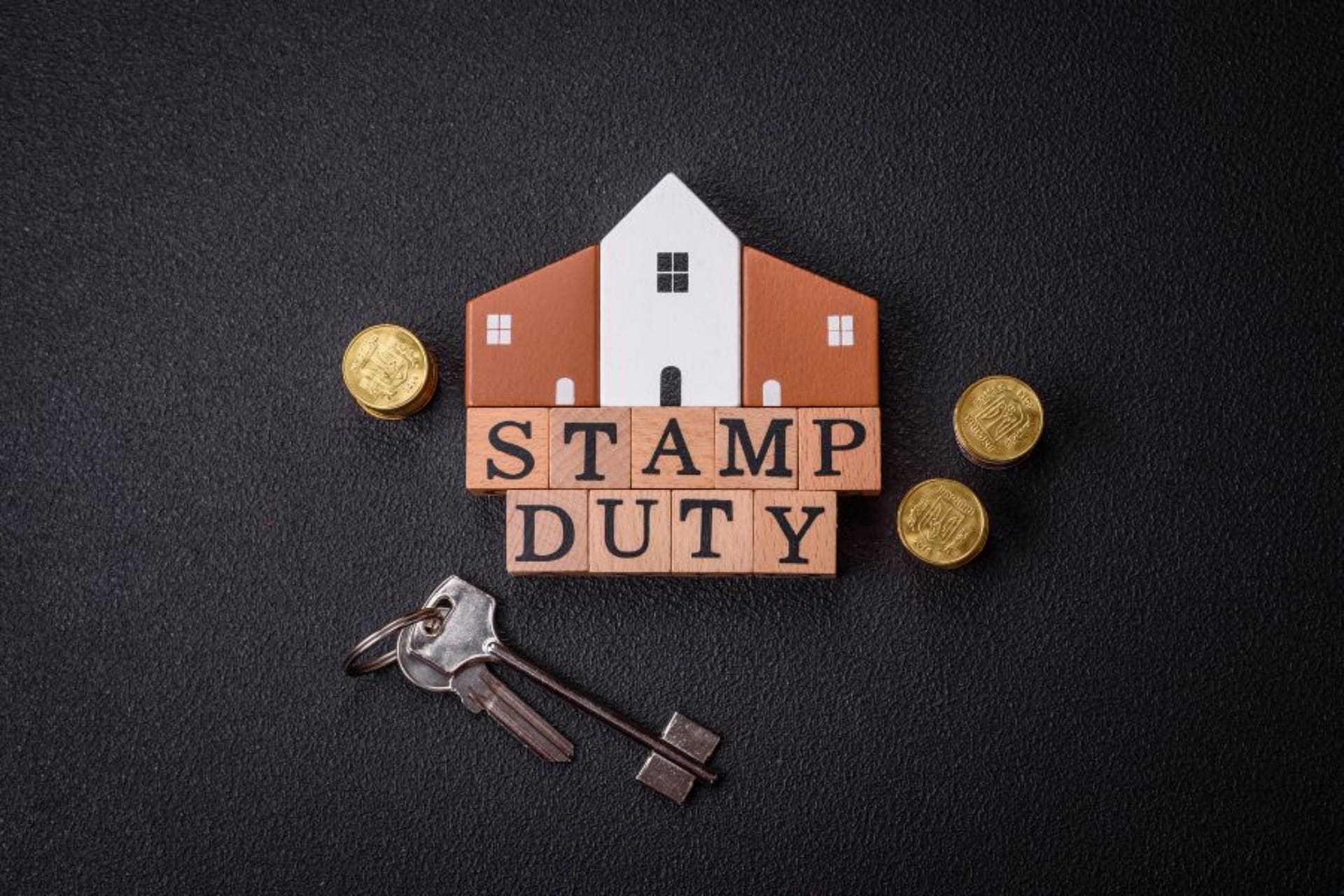If you’re thinking about buying a townhouse, one important consideration is whether you’ll need to pay body corporate fees. In Australia, body corporate fees (also called strata fees) apply to properties with shared spaces, like driveways, gardens, or pools.
For townhouse developments, these fees are often required, but not always. The answer depends on the property’s layout, ownership structure, and whether there are any shared facilities.
This guide provides a comprehensive overview of body corporate fees for townhouses, including what they are, how they’re calculated, and what they cover. Read on to better understand how these
I. What Are Body Corporate Fees and Do They Apply to Townhouses?
Body corporate fees are payments made to the body corporate (or owners’ corporation) that manages shared property within a development. This could include apartment complexes, gated communities, and yes, townhouse developments.
For townhouse owners, whether body corporate fees apply depends on the property’s structure and ownership arrangements. In townhouse developments where certain spaces—like gardens, swimming pools, or parking lots—are shared among owners, a body corporate is typically in place. This means you will likely need to pay these fees.
However, not all townhouses are subject to body corporate fees. In cases where the townhouse is on its own parcel of land and there are no shared facilities, there is often no body corporate structure, and therefore, no fees.
Understanding the property’s title and strata plan is crucial to knowing whether body corporate applies to your townhouse.
Also Read: Ongoing Costs of Owning a Home in Australia
II. How Are Body Corporate Fees Calculated for Townhouses?
Body corporate fees are calculated based on the shared expenses of the complex and the individual unit’s contribution schedule. The contribution schedule determines what proportion of the total costs each owner is responsible for. This is often based on factors like:
- Size of the Townhouse: Larger townhouses may be required to pay a higher proportion of fees.
- Shared Facilities: The more shared amenities (e.g., swimming pools, gyms, or lifts), the higher the overall fees are likely to be.
- Location: Townhouses in high-demand or high-maintenance areas, like beachfront complexes, may incur higher fees.
- General Maintenance Costs: This includes ongoing costs such as gardening, cleaning, and repairs.
Each year, the body corporate prepares a budget outlining expected expenses for the coming year. The fees you pay are a share of these costs, which can also include contributions to a sinking fund (used for long-term maintenance, such as roof replacements or repainting).
Also Read: Is It Better to Rent or Buy a House in Australia?
III. Do All Townhouses Require Body Corporate Fees?
No, not all townhouses require body corporate fees. Whether or not these fees apply depends on the property’s structure and legal arrangements. Below are three common scenarios:
Townhouses with Shared Facilities
If the townhouse complex has shared facilities like driveways, gardens, or a communal pool, a body corporate is usually required to manage these spaces. In such cases, body corporate fees will apply.
Standalone Townhouses
Standalone townhouses on individual parcels of land, without any shared spaces or facilities, often do not have a body corporate structure. This means you may not need to pay any body corporate fees.
Small Complexes with Limited Shared Spaces
In smaller developments, owners may agree to self-manage shared spaces without forming a formal body corporate. While this avoids formal fees, owners still need to contribute informally to maintenance costs.
Before purchasing a townhouse, review the property’s title documents and speak to your conveyancer to confirm whether body corporate fees apply.
Also Read: What to Know When Buying a House in QLD
IV. What Services and Maintenance Do Body Corporate Fees Cover for Townhouses?
Body corporate fees are used to maintain and manage the shared areas and services of the townhouse development. Here’s a breakdown of what these fees typically cover:
Maintenance of Common Areas
This includes gardening, lawn mowing, cleaning of communal pathways, and upkeep of any recreational facilities like playgrounds or BBQ areas.
Building Insurance
Body corporate fees often cover insurance for the building’s structure and shared areas. However, owners may still need separate insurance for their townhouse’s contents and internal fixtures.
Utilities for Shared Spaces
Electricity, water, and other utility bills for communal areas are typically paid for using body corporate funds.
Administrative Costs
Fees also cover administrative expenses like meeting organisation, record-keeping, and employing a strata manager if necessary.
Sinking Fund Contributions
A portion of the fees goes toward a sinking fund, which is used for long-term or major repairs, such as repainting, roof replacements, or upgrading shared facilities.
Understanding what is included in your body corporate fees can help you see their value and ensure your shared property is well-maintained.
Also Read: Understanding Costs When Buying a House in Queensland
V. Can You Negotiate or Reduce Body Corporate Fees for Townhouses?
While you cannot directly negotiate your fees, there are ways to manage or reduce body corporate costs. Here’s how:
Participate in Body Corporate Meetings
Owners have the right to attend meetings and vote on budgets. By actively participating, you can ensure that unnecessary expenses are avoided.
Review the Budget and Financials
Regularly review the body corporate’s financial statements to ensure funds are being spent wisely. Suggest cost-effective alternatives where possible.
Consider the Sinking Fund
A well-funded sinking fund can prevent unexpected levies for major repairs. Encourage the body corporate to plan for future expenses.
Reduce Shared Facility Costs
If certain facilities are underused, you can propose their removal or reduced maintenance to lower costs.
Self-Manage the Property
For small complexes, owners may decide to self-manage shared spaces instead of employing a professional strata manager, which can save on administration costs.
Working collaboratively with other owners ensures body corporate fees remain reasonable while maintaining the quality of the property.
CJC Law: Helping You Understand Body Corporate Fees
If you’re considering buying a townhouse, understanding body corporate fees is essential. These fees ensure shared spaces are maintained, communal services are managed, and the overall value of the property is preserved.
However, not all townhouses require these fees, and the costs can vary significantly depending on the property and its amenities.
At CJC Law, we specialise in helping Australians understand the legal complexities of property ownership, including body corporate obligations. Whether you’re buying a townhouse or seeking clarity about body corporate fees, our conveyancers are here to guide you.
Contact CJC Law today for expert advice tailored to your needs and make your property journey seamless.




